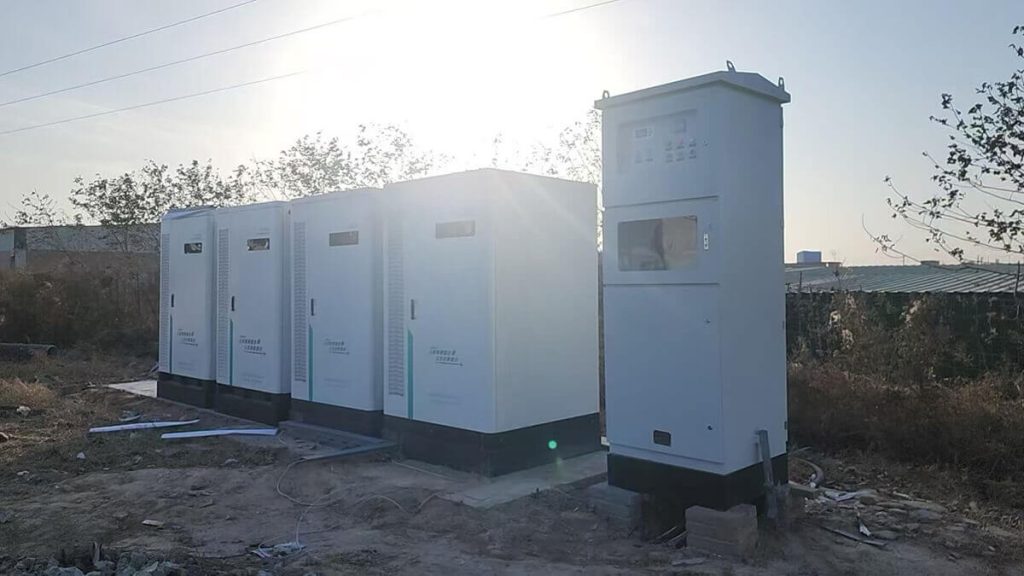Africa’s Power Situation: Current Challenges and Future Solutions
1. Africa’s Growing Energy Demand
Africa’s power situation remains a major challenge, with millions of people lacking reliable electricity access. Despite the continent’s vast renewable energy potential, many countries still experience frequent blackouts, high electricity costs, and unstable grid infrastructure. To overcome these challenges, Africa must invest in renewable energy sources and energy storage solutions to ensure a more stable and sustainable power supply.
2. Key Challenges in Africa’s Power Sector
Limited Grid Access
- More than 600 million people in Africa still lack electricity access, particularly in rural areas.
- Many remote communities are too far from national grids, making traditional grid expansion costly and slow.
Frequent Power Outages
- Countries like South Africa, Nigeria, and Ghana face regular power cuts due to aging infrastructure and energy supply shortages.
- Businesses and households often rely on diesel generators, which are expensive and environmentally harmful.
High Electricity Costs
- Inconsistent supply and dependence on fossil fuel imports drive up energy costs, making electricity unaffordable for many.
Growing Demand vs. Insufficient Supply
- With rapid urbanization and industrialization, Africa’s electricity demand is projected to increase by 60% by 2040, but current supply remains inadequate.
3. Renewable Energy as a Game Changer
To overcome these challenges, African nations are increasingly turning to renewable energy sources such as solar, wind, and hydroelectric power.
Kenya: Over 80% of its electricity comes from renewable sources, with geothermal and solar leading the way.
South Africa: Investing heavily in solar and wind energy to reduce dependence on coal-fired power plants.
Nigeria: Expanding off-grid solar solutions to bring power to remote communities.
However, while renewables provide clean energy, their intermittent nature creates energy storage challenges—which brings us to the importance of battery storage solutions.

4. The Role of Energy Storage in Africa’s Power Future
Why Energy Storage is Essential
Battery energy storage systems (BESS) help stabilize power supply by storing excess energy for later use. This is particularly important for solar and wind energy, which fluctuate based on weather conditions.
Key Benefits of Energy Storage for Africa:
Grid Stability: Helps balance electricity supply and demand, reducing blackouts.
Energy Independence: Reduces reliance on expensive and polluting diesel generators.
Cost Savings: Enables businesses and households to store solar energy, reducing electricity costs.
Scalability: Modular battery storage solutions can be deployed anywhere, making them ideal for both urban and rural areas.
Countries like Rwanda, Ethiopia, and Ghana are now investing in energy storage solutions to improve power reliability and efficiency.
5. The Future of Africa’s Power Situation
With ongoing investments in renewable energy, grid expansion, and battery storage, Africa is moving toward a more sustainable and reliable energy future. Governments, businesses, and international organizations must continue working together to address infrastructure gaps and financing challenges to ensure universal electricity access.
By embracing advanced energy storage solutions, Africa can unlock economic growth, enhance energy security, and improve millions of lives.

